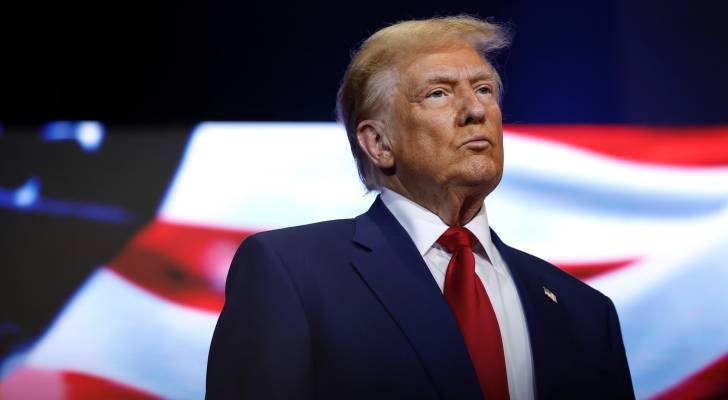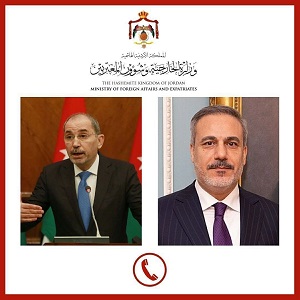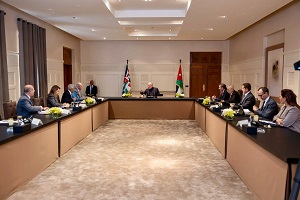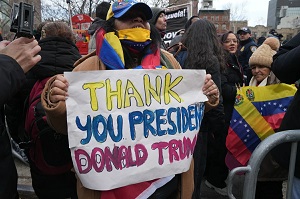Trump sparks outrage with expansionist map post

Roya News
US President-elect Donald Trump has ignited controversy after sharing a map on his Truth Social account depicting the entire North American continent labeled as the United States.
The map, which seemingly reimagines North America's geopolitical landscape,comes amid weeks of heated exchanges between Trump and Canadian officials.
The post drew sharp criticism from Canadian Prime Minister Justin Trudeau, who took to X to dismiss the idea of unifying Canada and the US, stating there isn’t "a snowball's chance in hell" of such a union happening.
Trudeau’s remarks followed Trump's repeated references to employing "economic force" as a means of influence.
There isn’t a snowball’s chance in hell that Canada would become part of the United States.
Workers and communities in both our countries benefit from being each other’s biggest trading and security partner.
— Justin Trudeau (@JustinTrudeau) January 7, 2025
Trump's expansionist vision: Panama Canal and Greenland
Earlier Tuesday, Trump escalated tensions by refusing to rule out the use of military or economic measures to acquire control of the Panama Canal and Greenland.
Speaking at a press conference at his Florida resort, Trump was asked whether he could assure the world that coercive tactics wouldn’t be used. His response: "No, I can't assure you on either of those two. But I can say this: we need them for economic security."
Denmark responded to Trump’s comments regarding Greenland, which is an autonomous territory under Danish sovereignty. Danish Prime Minister Mette Frederiksen firmly rejected the notion, stating, "Greenland is not for sale. I don’t think it’s a good way forward to fight each other with financial means when we are close allies and partners."
Trump’s statements have drawn criticism. Journalist Stephen Collinson, writing for CNN, characterized Trump's ambitions as “imperialist designs” and likened his approach to foreign policy to that of a real estate developer seeking new deals.
“Trump’s fixation on Greenland, Canada, and the Panama Canal often sounds like the ramblings of a real estate shark who equates trade and foreign policy to a hunt for acquisitions,” Collinson noted.
The controversy adds to an already tumultuous post-election period, raising questions about Trump’s broader vision for US global influence and its implications for international relations.




